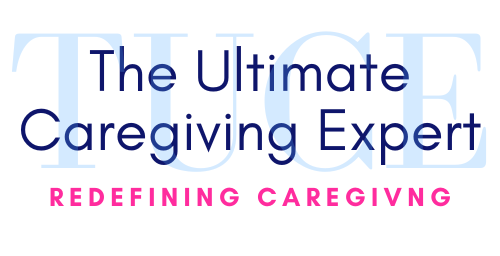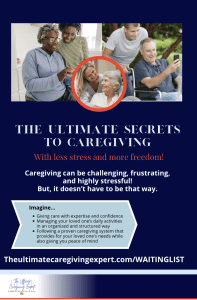How to Help a Loved One Regain Control of Their Eating Habits

Overeating problems
One of the less prevalent issues with old age is undoubtedly becoming a glutton. In addition, it is simple for our elderly parents to become victims because of their vulnerability. In addition, being hungry or having a strong preference for a specific food are not the only factors that might lead to Overeating. However, in many cases, Overeating is the response that directly results from emotional stress.
Emotional Overeating is one of the Eating Habits.
Both emotional strain and mental tedium play a role in its development. And it’s a much more severe problem than the people providing care can comprehend. Another important consideration is that this impacts the bulk of the older population. In this scenario, we have to get a handle on emotional eating habits to prevent these people from various diseases.
Tweet that “Overeating is probably one of the uncommon problems of old age.”‘
Overeating can be caused by factors such as feelings of isolation and despair.
The meaning of the term “emotional overeating.”

A desire for food
According to the findings of numerous pieces of study, our body’s stress response mechanism plays a significant part in how it wants food. In addition, when we are under pressure, it is usually more difficult for the neurochemicals in our bodies to work, which causes the body to release stress hormones called glucocorticoids. These glucocorticoids are the culprits behind the cravings for foods high in sugar and carbohydrates.
Pleasure That Soothes Indulgence
Causes of your loved one’s Overeating
Factors that lead to emotional Overeating.
Health deterioration
Depression
Loneliness
Overeating symptoms in our loved ones
Eating Habits symptoms are essential.
- Your elderly parents choose high-sugar foods over healthful options.
- They become hungry shortly after eating a meal.
- Your folks eat junk food for every meal of the day. They dislike the meal that is served and always order junk food for themselves.
- You’re usually seeing your folks consume something.
- Your senior loved one becomes irritable or irritated when their favorite comfort meal is unavailable.
- Your parents continue to eat after having reached an appropriate percentage.
- They appear to eat a lot of snacks in between meals.
Solutions for Solving the Problem
Use stress-reduction strategies.
Determine your triggers.
Keep nutritious foods on hand.
Eat gently.
Communicate with your parents.
Caregiving can be challenging, frustrating, and highly stressful!
But it doesn’t have to be that way.
I will tailor the sessions to your specific needs to:
Additional Education
Education in caregiving refers to acquiring the knowledge, skills, and understanding necessary to provide care for individuals who require assistance with activities of daily living, such as bathing, dressing, eating, and grooming.
This education can be obtained through formal programs or on-the-job training and experience.
Education in caregiving aims to equip individuals with the skills and knowledge necessary to provide high-quality, compassionate care for those in need.
Caregiving can be challenging, frustrating, and highly stressful!
But . . . it doesn’t have to be that way.
Imagine . . .
- Giving care with expertise and confidence
- Managing your loved one’s daily activities in an organized and structured way
- You follow a proven caregiving system that provides for your loved one’s needs while giving you peace of mind.
If the above sounds like what you need and have been searching for desperately . . . Then you need to enroll in The Ultimate Secrets to Caregiving with LESS Stress and MORE peace course!

